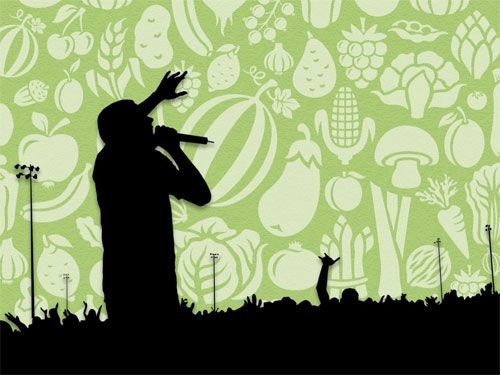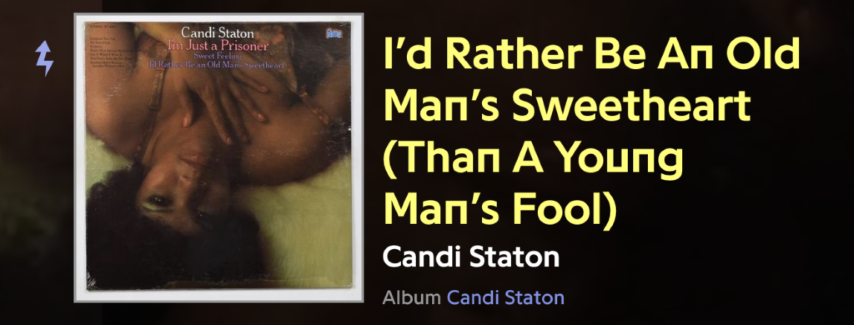I read this today on Neil Young Archives.
Brothers and sisters are getting clean. They’re getting healthy. They’re fighting slavery, taking back their bodies from the man. Brightens my day.

The fastest-growing vegan demographic is African Americans. Wu-Tang Clan and other hip-hop acts paved the way
Copy from the piece that I love:
Data from the Good Food Institute and the trade group Plant Based Food Association shows that while the U.S. retail food market grew overall by only 2 percent from April 2018 to April 2019, plant-based products grew an impressive 11 percent.
…..
There were nine elements of hip-hop, as codified in a KRS-One song of that name in 2003, including DJing and beatboxing. The tenth element of hip-hop, added in 2016, is health and wellness. A bit of a departure from components like break-dancing and street fashion, its elements include plant-based eating, organic gardening, fitness, sobriety, food justice and animal rights activism. But like the other nine elements, health and wellness has proved to be a source of livelihood for practitioners.
Keith Tucker, a Seattle-based health activist, is partly responsible for the tenth element of hip-hop. He had a radio show, worked with stars like Public Enemy and Russell Simmons (a vegan since 1997) and pushed back against the stereotyping of hip-hop artists.
“KRS-One was an inspiration for me,” Tucker says. “His song ‘Beef’ in 1990 influenced a lot people in hip-hop to think about veganism, to think about the meat in the slave diet, about the chemicals that were starting to be put in the food and the rise of highly processed foods.”
"Let us begin now with the cow
The way it gets to your plate and how
The cow doesn’t grow fast enough for man
So through his greed he makes a faster plan
He has drugs to make the cow grow quicker
Through the stress the cow gets sicker"

“Hip-hop is the biggest influence on planet Earth when it comes to young people,” Tucker said. “It’s the CNN for the black community. If we can move it in a green direction, the world will move in a green direction. It’s going viral right now.
“We did drugs and gangbanging and sex over and over again and saw that these things aren’t conducive to a healthy world.”
SupaNova Slom, a performer known as “hip-hop’s medicine man,” says younger African Americans have turned to plant-based living because they’ve witnessed their parents’ poor health due to lifestyle decisions and disparities in access to healthy food.
“The message is health is wealth,” Slom says. “If you want to continue to do your art at a high level, fuel yourself with high-quality fuel. It’s about reclaiming oneself. Look at the top 20 rappers and 10 of them are talking plant-based.”
Afya Ibomu, a holistic nutritionist, sees distinct reasons for the rise of African American vegans.
“We have higher rates of obesity, cancer, diabetes and asthma. It’s partly our DNA; we’re not well-suited to a standard American diet,” she said. “Many of us came from West Africa where they mostly had goat’s milk. And here it’s cow’s milk. The majority of health guidance is based on European bodies.”
She says that some of the health disparities have been the byproduct of oppression, poverty, food deserts and lack of education but that African American culture can also contribute to the problem: “We use food as a cultural thing, showing someone you love them by giving them high-sugar, high-fat food.”
He says his community is grappling with questions: “How do we take care of ourselves? How do we govern ourselves? How do we regain the wisdom of our ancestry? And how do we reclaim our health?” he asked.
He says people want a sense of agency and that diet exemplifies that.
“There’s a huge movement around decolonizing the diet,” Eldridge notes. “There is disease related to diets heavily reliant on meat and genetically modified crops and monocropping. How do we extricate ourselves from that? It’s revolutionary.”




